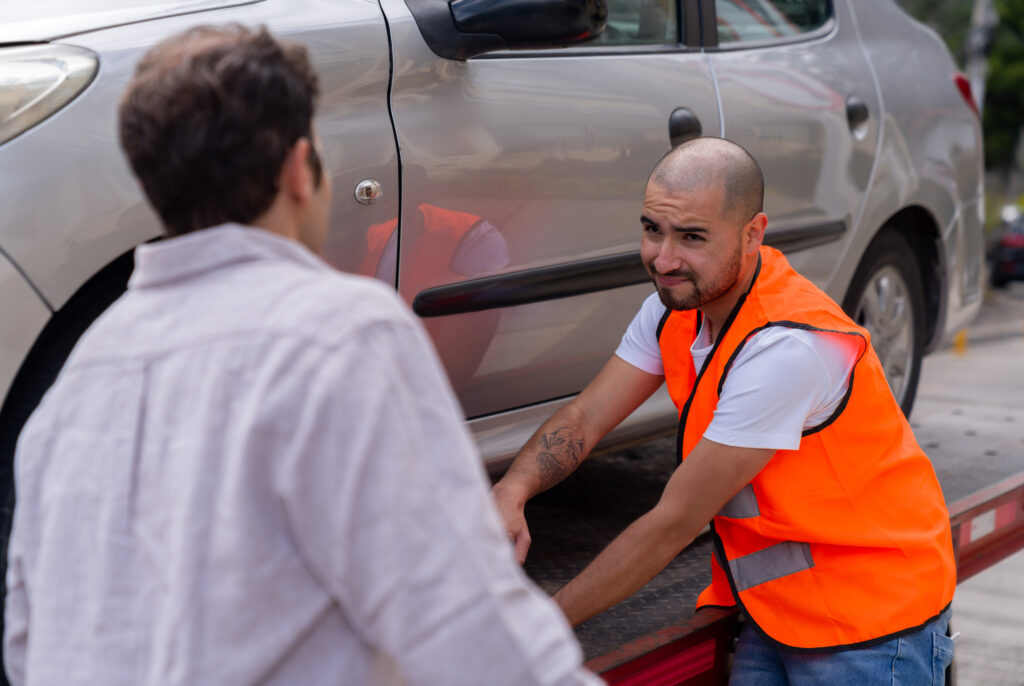How do I get my car back after repossession?
When you choose to finance a vehicle, the lender, which could be a bank, finance company or credit union, has a security interest on the vehicle called collateral. The security interest gives the lender the right to take the vehicle back if the borrower defaults on the terms of the loan.
The loan agreement, or Retail Installment Sales Contract (RISC), will state terms for you to get your vehicle back. Some agreements may demand payment of the full balance remaining on the loan, while others may ask for past due payments. The loan agreement may also state terms for the inclusion of repossession fees, such as towing and storage.
If a borrower has defaulted on the terms of the loan, such as missed, late or partial payment, a lapse in insurance coverage, or death of borrower - the lender may repossess the vehicle.
After the repossession, the lender will send the following letters to the borrower:
- Notice of Intent to Sell Property (or, Repossession Notice)
This letter details terms for the borrower to get the vehicle back. It will state the amount of money that must be paid within a specific period of time, and indicate the date the vehicle will be sold at an auction or private sale.
- Deficiency Notice
This letter is sent to the borrower AFTER the vehicle has been sold. It will list the selling price of the vehicle, and after deducting that amount from the balance due on the loan, will calculate the total remaining balance.
Free Legal Evaluation of Improper Vehicle Repossession
If your vehicle has been repossessed, contact Flitter Milz for a free legal evaluation of your loan and repossession documents. Whether you may have fallen behind on payments or not, the lender may have handled your repossession improperly and violated your consumer rights.










